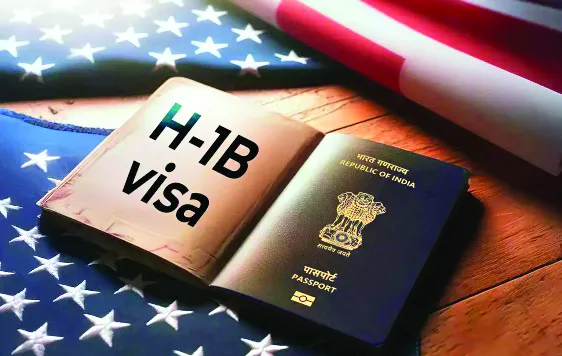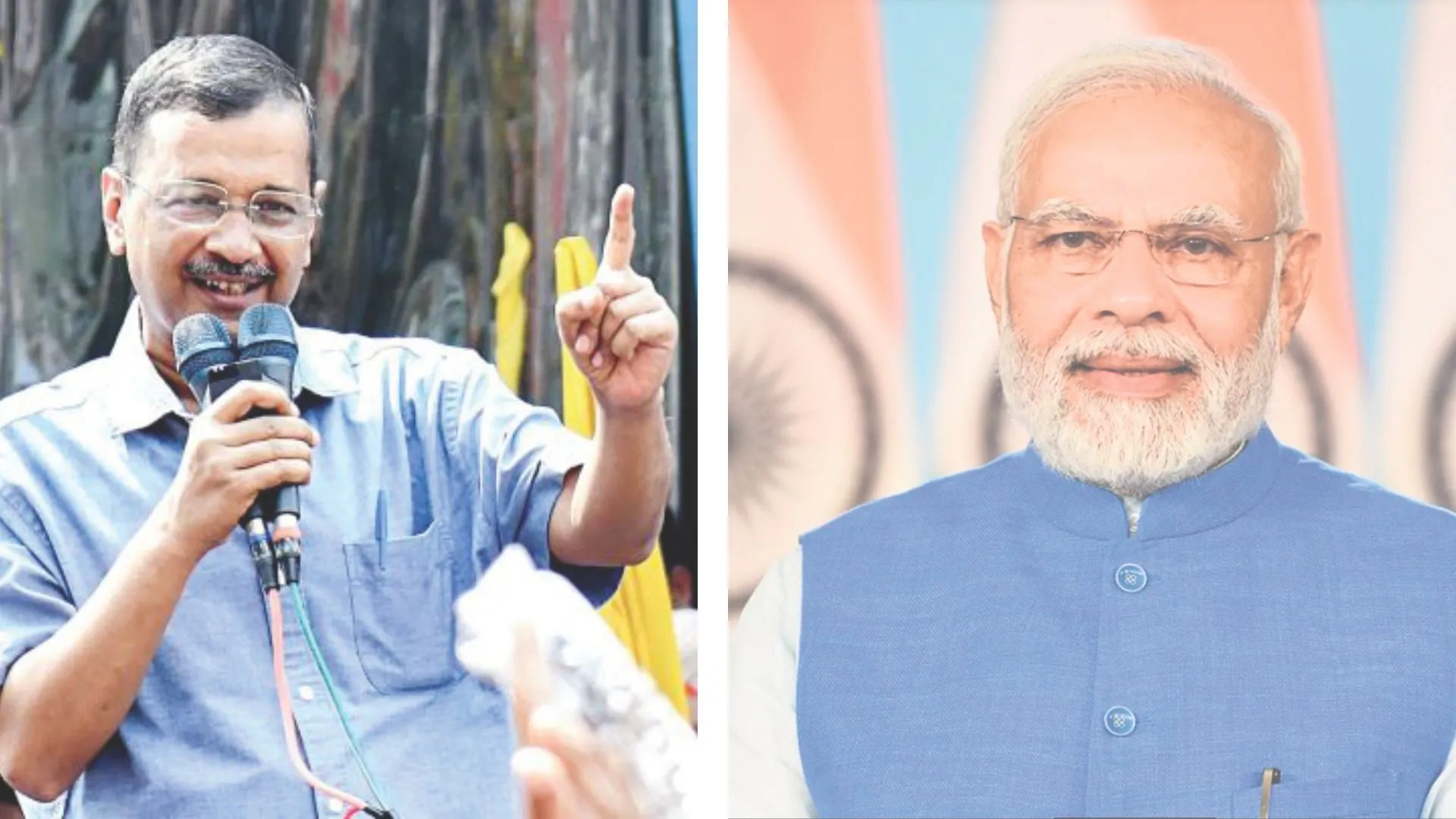In the wake of the pandemic and the subsequent lockdown, the Reserve Bank of India in March issued circular, allowing banks to grant a moratorium to borrowers on payment of installments for three months. An extension of the moratorium period was announced in May, making it a six-month moratorium.
The objective behind the RBI circular was to “mitigate the burden of debt servicing on account of the disruption caused due to the pandemic”. As per the RBI circular, banks will be permitted to continue charging interest for the moratorium period also but the interest would be collected later.
Later a petition (PIL) by Gajendra Sharma has been filed in the Supreme Court followed by petitions by various business groups & associations that the objective of the circular would be rendered futile if interest is levied later and further contended that interest should not be charged during the moratorium period.
The RBI has rightly pleaded that waiver of interest during moratorium on term loan repayment would jeopardizes the financial health and stability of banks as well as the interest of debtors. The RBI has informed that the decision of moratorium was to ensure continuity of viable businesses and the regulatory package to defer payment of loan cannot be construed as a waiver. The RBI has also informed that banks are expected to run on viable commercial considerations and are guardians of the depositors’ monies and actions of the banks need to be guided by the interest of the depositors.
Banks are important for any economic activity in the country and they should be financially viable at any point of time. Banks cannot be treated as charitable institutions to help only borrowers. Expecting banks to lend free without any interest can never be an acceptable proposition as they have to pay interest to depositors and depositors also cannot be expected to freely park their funds with the banks.
When banks accept deposit, it is a contractual obligation. On their own, banks cannot deny paying interest to depositors. Even when banks provide moratorium to borrowers, it is the banks’ discretion and not borrowers’ decision. In the same way, when depositors park their money, the depositors are lenders to the bank and only depositors can decide whether to forego interest or whether there should be any moratorium on the funds lent.
The Supreme Court of India (SC) hearing on the plea has asked the centre, Reserve Bank of India to “review” the issue whereas asked India Bank Association to see if new guidelines can be created. The Supreme Court has restrained banks from declaring any account of the borrower, which has availed the loan moratorium, as NPA due to non-payment of dues — principal or /and interest — until it decides the matter.
“There are 133 lakh crore rupees in deposits with banks and interest has to be paid on them and the waiver will have a cascading effect,” said Tushar Mehta, Solicitar General on behalf of centre and RBI told the apex court in the same PIL. As per RBI’s estimates, out of the total Rs 102 lakh crore loan book, Rs 38.68 lakh crore was under the six-month moratorium. Suppose, this was carrying an average interest of 12%, the simple interest would work out to Rs 2.32 lakh crore for six months. On compounding (12.30%), the overall interest dues could aggregate to Rs 2.38 lakh crore, an additional loss of approximately Rs 6,000 crore (interest on interest).
While hearing the pleas on 17 Sept, the apex court observed that the borrowers’ request for relief can’t be termed as adversarial. SC is inclined to consider that there can be no levy of interest on interest; they are yet to decide on the interest waiver. The RBI in its submission to the Supreme Court had stated that the lenders would lose Rs 2 lakh crore if interest for the moratorium period was waived. While posting the matter for further hearing on September 28, the SC had advised the GoI, the RBI and banks to come out with their final views on the request for waiver of accrued interest and interest on interest, and place all the documents before it for appropriate decision in the matter. SC would allow no more adjournments in the matter.
Following the SC observation, the GoI has set up a three-member expert committee to scale the impact of waiver of (i)interest and (ii) interest on interest due to the COVID-19 related moratorium on the financial stability of the lenders as also to suggest measures to contain the financial constraints of various sections of society in this regard.
While the Government at the highest levels is considering solutions in consultation with RBI and the scheduled commercial banks, if the Banking Law (i.e., levy of interest on loans and compounding of interest — interest on interest) which has been in practice since the time banking came into existence is rewritten, the fallout will be immense. Also these solutions cannot permit the restructuring of loan. If you look at the 2008 financial crisis, many borrowers opted for restructuring, and converted into longer-term tenures, this brought along moral hazards. That point in time, cash flows which ideally should have gone back to lenders, was used for further growth purposes. Restructuring also resulted in ever greening of loans, which eventually led to an NPA problem.
Unfortunately, apart from force majeure doctrine there is no other legal remedy available to address the current situation but this also cannot be use as it only delay the performance of contract & do not waive it. The various petitions filed before apex court on this ground have also not achieved success. The doctrine of proportionality also not came to the rescue of such petitions as the contract or its performance has not been challenged but the discretionary power of Central Government & NDMA under Disaster Management Act have been mostly challenged under the petitions before the apex court.
However, the 180 days moratorium and even the interest waiver might not be enough considering the Corona impact on businesses. Accordingly, the most viable solution for borrowers and the lenders might need to resort to one time settlements (OTS) to ease the financial burden and pave the way for a more conducive repayment schedule. The resorting to OTS would assume even more importance with the suspension of Corporate Insolvency Resolution Process (“CIRP”) under the Insolvency & Bankruptcy Code (IBC) initiation to avoid the potential business disruptions. The Government also announced other amends and relaxation to the IBC including increasing the monetary threshold of default for the initiation of insolvency and resolution process, excluding the period of lockdown for counting the time-lines for any activity in relation to liquidation process, et al. The measures are collectively aimed at providing some safeguard to corporate debtors and would lead lenders to look at other modalities of recovery.
With a view to channelize the money flow in the midst of the acute financial crunch and to provide impetus to have the economy running again, businesses and lenders might need to negotiate more and more closed room deals for debt restructuring/ OTS. Further, the OTS package deal may have various permutation and combinations of incentives including, inter-alia, interest waiver, conversion of unpaid interest into loan, partial waiver of principal portion of the loan. The tax implications under Section 28(iv) of the ITA on loan waiver being benefit or perquisite arising from the business was ruled out by the Supreme Court in the recent case of Commissioner v. Mahindra And Mahindra Ltd. 2018 which averred that the loan waiver is a monetary item to which the provisions which aim to tax benefit/perquisite, whether convertible into money or not, would not be applicable.
While efficiencies can be built into most of these covenants of OTS, benevolent relaxations provided by various stakeholders including tax policy is required to enable the businesses opting for OTS to sail through these testing times and help in attainment of the Government’s vision of “Atmanirbhar” (self-reliant) India.
Adv. Ankit Singh practices at the Delhi High Court























